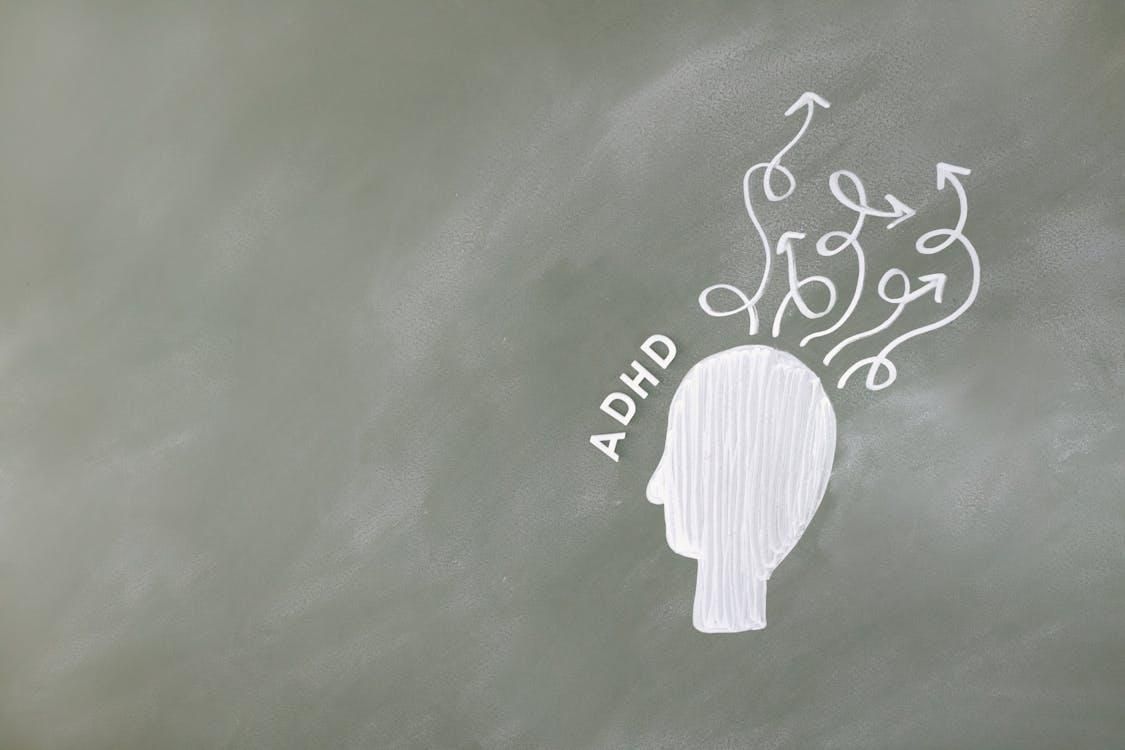Breaking the Cycle: Overcoming Avoidant Attachment in Parenting
Parenting is a complex dance of love, nurture, and connection. However, when avoidant attachment patterns emerge, they can cast a shadow over the parent-child relationship, impacting the emotional well-being and mental health of both. In this exploration, we delve into the challenges posed by avoidant attachment in parenting, unraveling its effects on children and providing strategies to break the cycle for healthier and more fulfilling relationships.
Understanding Avoidant Attachment:
Avoidant attachment stems from a caregiver's unresponsiveness to a child's emotional needs, leading the child to develop a coping mechanism of self-reliance and emotional detachment. Parents with avoidant attachment tendencies may struggle to provide the emotional support and warmth that children need for healthy development.
Effects on Children:
Children raised in an environment of avoidant attachment may experience difficulties forming secure emotional connections. They might develop a belief that expressing needs leads to rejection, leading to self-reliance, and emotional suppression. This can manifest in challenges such as difficulty forming close relationships, low self-esteem, and struggles with emotional regulation.
Breaking the Cycle:
Building Emotional Awareness:
Breaking the cycle begins with self-reflection. Parents with avoidant attachment patterns can benefit from acknowledging their emotional tendencies and understanding how these patterns may affect their parenting style.
Developing Emotional Responsiveness:
Cultivating emotional responsiveness involves actively engaging with a child's emotional expressions. This includes validating feelings, expressing empathy, and creating a safe space for the child to share their thoughts and emotions without fear of judgment.
Promoting Secure Attachment:
Foster secure attachment by consistently providing emotional support, comfort, and responsiveness. Establish routines that create a sense of safety and predictability, helping children feel secure in the knowledge that their emotional needs will be met.
Seeking Professional Support:
Overcoming avoidant attachment requires professional guidance. Therapists, counselors, or parenting coaches can provide valuable insights, tools, and strategies to help parents develop healthier emotional connections with their children.
Mindfulness and Presence:
Mindfulness practices can enhance parental awareness and presence. Being fully present in the moment allows parents to attune to their child's emotions, fostering a deeper connection and understanding.
Encouraging Open Communication:
Creating an environment of open communication encourages children to express their thoughts and emotions without fear of judgment. This lays the foundation for healthy emotional expression and mutual understanding.
Learn how to love better
Breaking the cycle of avoidant attachment in parenting is a journey of self-discovery, intentional actions, and a commitment to fostering emotional connections. By acknowledging the challenges and actively working towards creating a nurturing environment, parents can provide their children with the emotional foundation essential for lifelong well-being.
Embark on a journey of breaking the cycle with Oasis Of Hope. Our compassionate team understands the complexities of parenting and offers support and guidance to foster healthy parent-child relationships. Reach out today to begin your transformative journey. We also offer anxiety treatment, depression treatment, and substance abuse treatment.
Contact us to find out more!











